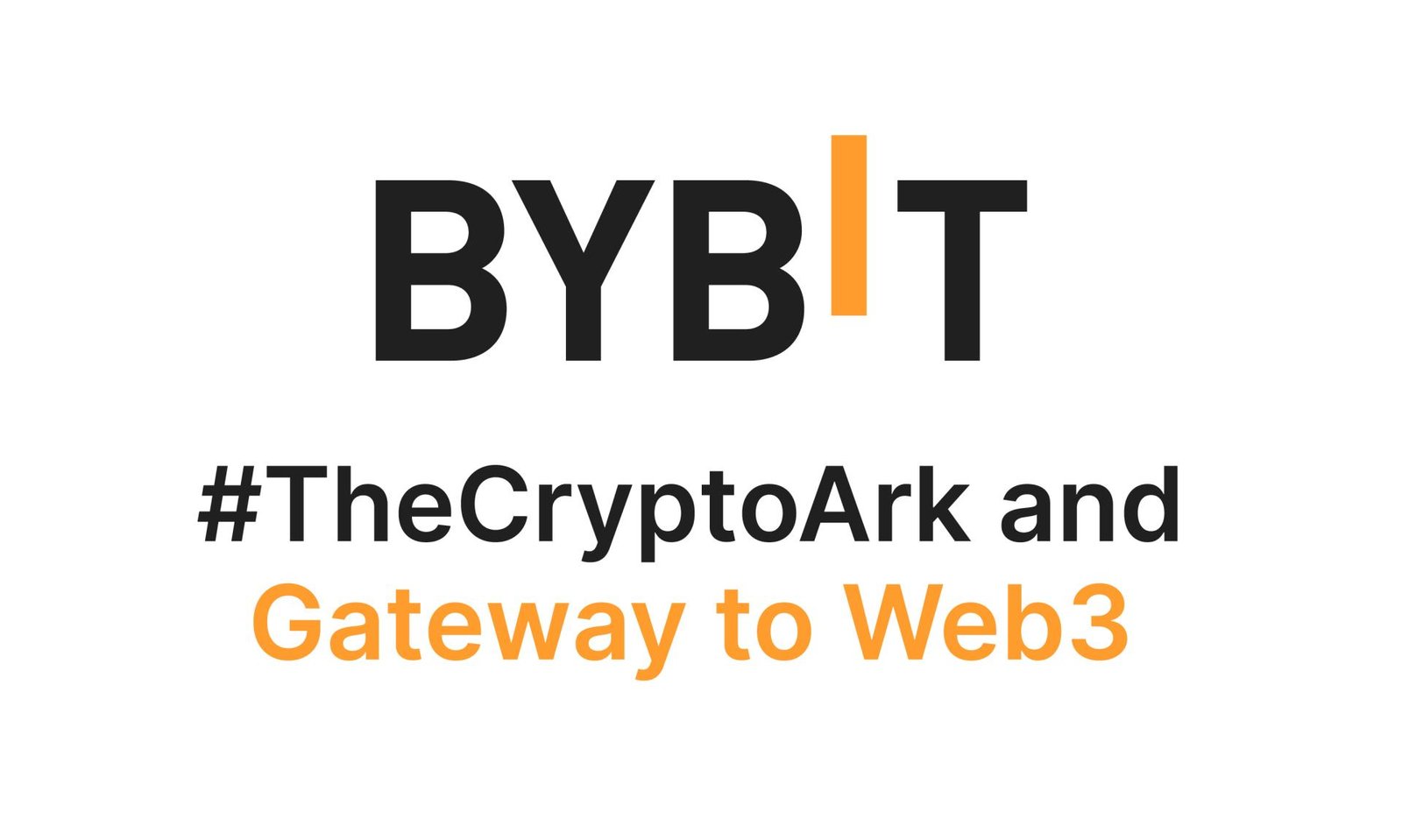This content is provided by a third party.
or signup to continue reading
With the rise of cryptocurrency investments, more Australians are diving into digital assets, including Bitcoin. However, many investors are unaware that buying and selling BTC can have tax implications. Whether you’re a seasoned trader or a first-time investor looking to buy bitcoin, understanding how the Australian Taxation Office (ATO) treats cryptocurrency is crucial to staying compliant and avoiding unexpected tax liabilities. As tax season approaches, it’s essential to understand how your crypto activity affects your tax return and what you need to report.
The ATO does not treat Bitcoin as money but rather as a capital gains tax (CGT) asset. This means that any disposal of Bitcoin-whether through selling, exchanging it for another cryptocurrency, or using it to purchase goods and services-could be subject to capital gains tax. However, simply buying BTC and holding it does not trigger a taxable event. If you purchase Bitcoin as an investment and later sell it at a profit, you may be required to pay CGT on the gains. Conversely, if you sell Bitcoin at a loss, you may be able to offset it against other capital gains.
Capital gains tax applies to the difference between the purchase price and the selling price of Bitcoin. If you hold BTC for more than 12 months before selling, you may be eligible for a 50% CGT discount, reducing your taxable gain. Short-term traders who frequently buy and sell Bitcoin, however, may not qualify for this discount and could see higher tax obligations. It’s also important to note that swapping Bitcoin for another cryptocurrency, such as Ethereum, is considered a disposal event, triggering CGT.
The ATO has been actively monitoring cryptocurrency transactions through data-matching programs with exchanges. This means that failure to report crypto activity can result in penalties. Investors should keep detailed records of their transactions, including dates, purchase prices, selling prices, and associated fees. Crypto tax software can help streamline this process, automatically tracking transactions and calculating potential tax liabilities.
To ensure compliance with the ATO, investors should maintain accurate records and seek professional tax advice when needed. Keeping a well-organized transaction history will make it easier to calculate gains and losses when tax season arrives. Strategies such as holding BTC for over 12 months to qualify for the CGT discount or strategically selling assets to offset capital losses can help minimize tax obligations. The ATO also offers guidance on cryptocurrency taxation, so staying informed about any regulatory updates is essential.
Buying Bitcoin in Australia comes with more than just investment considerations-it also has tax implications. While simply holding BTC does not trigger tax obligations, selling, trading, or using it for transactions can lead to capital gains tax. With the ATO closely monitoring crypto activity, staying compliant by keeping accurate records and reporting gains or losses correctly is essential. By understanding the tax rules and planning ahead, investors can avoid surprises at tax time and make the most of their cryptocurrency investments.
This information is of a general nature only and should not be regarded as specific to any particular situation. This should not be taken as financial advice to buy, trade, or sell cryptocurrency or use any specific exchange. This is not intended for use as investment, financial or legal advice as each individual’s need will vary. This is content submitted by a third party. It does not necessarily represent the views of the publisher of this website.
Advertisement
Sign up for our newsletter to stay up to date.
We care about the protection of your data. Read our Privacy Policy.
Advertisement





